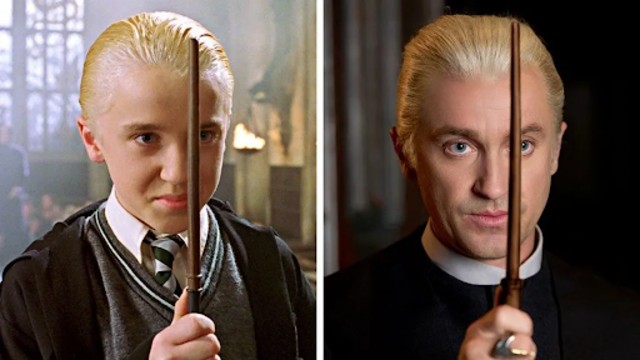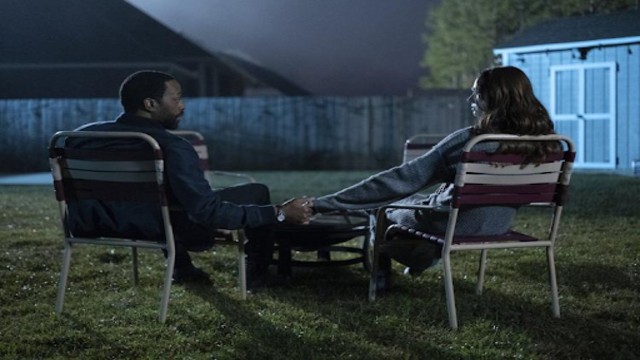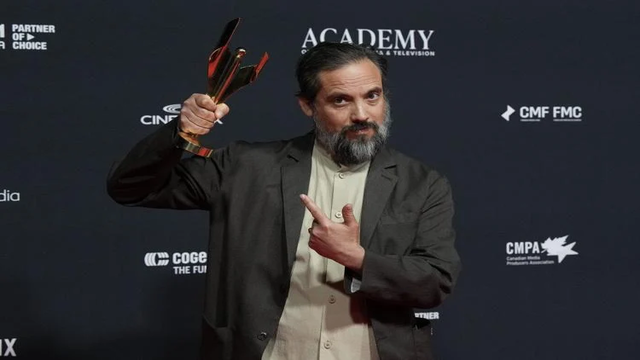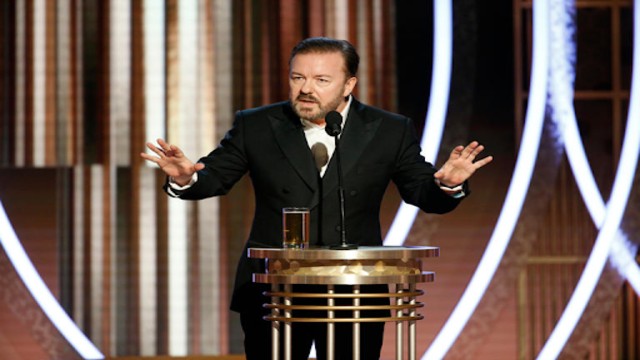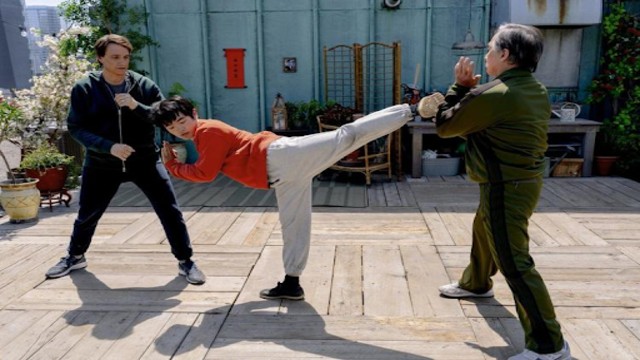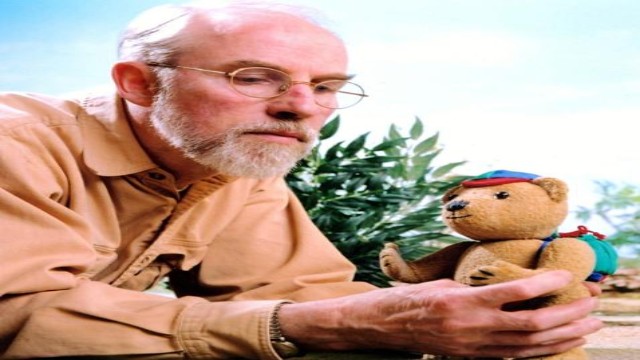
The Toronto International Film Festival plans to screen controversial documentary "Russians at War" today. Scene from the documentary film "Russians at War," is shown in a handout. THE CANADIAN PRESS/HO-TIFF
The Toronto International Film Festival (TIFF) showcased the documentary "Russians at War" under heightened security measures, according to festival CEO Cameron Bailey. During Tuesday’s first screening, Bailey shared more details about the threats that delayed the film’s North American debut.
Bailey revealed that while some opposition to the film has been peaceful, TIFF staff faced "terrifying" threats, including emails, phone calls, and verbal abuse. He noted that some of the threats were violent, including threats of sexual violence, leaving the staff horrified and frightened. As a result, the film’s screening was relocated from a multiplex to a more secure venue.
The documentary, which follows Russian soldiers on the frontlines of the war in Ukraine, has sparked backlash, particularly from Ukrainian officials and the Ukrainian Canadian Congress. They have labeled the film as "Russian propaganda." Deputy Prime Minister Chrystia Freeland criticized the use of public funds for the film, noting it received $340,000 from the Canada Media Fund and was produced in partnership with Ontario’s public broadcaster, TVO. Last week, TVO withdrew its support for the film and canceled plans to broadcast it.
Protesters gathered outside TIFF Lightbox on Tuesday, expressing anger over the decision to screen the film, though many admitted they hadn’t seen it. Anastasia Trofimova, the Russian Canadian filmmaker behind the documentary, denied the accusations of propaganda. She emphasized that the film was made without the Russian government's permission, which puts her at risk. Trofimova also stated her belief that Russia's invasion of Ukraine is unjustified and illegal.
Bailey defended the selection of the film, highlighting its artistic merit and relevance to the ongoing war in Ukraine. He stressed the importance of resisting public or governmental pressure to censor cultural works.
During the screening, a protester briefly disrupted the event, but was quickly removed by security. Following the film, some audience members questioned Trofimova about the lack of historical context regarding the war’s casualties. Trofimova responded that her film focuses on ordinary soldiers caught in the war machine, rather than providing broader context.
While some attendees defended the film against the propaganda accusations, others expressed concern over Trofimova’s previous work with Russia’s state broadcaster, RT. Protesters have vowed to continue opposing the film's screenings at future festivals.


